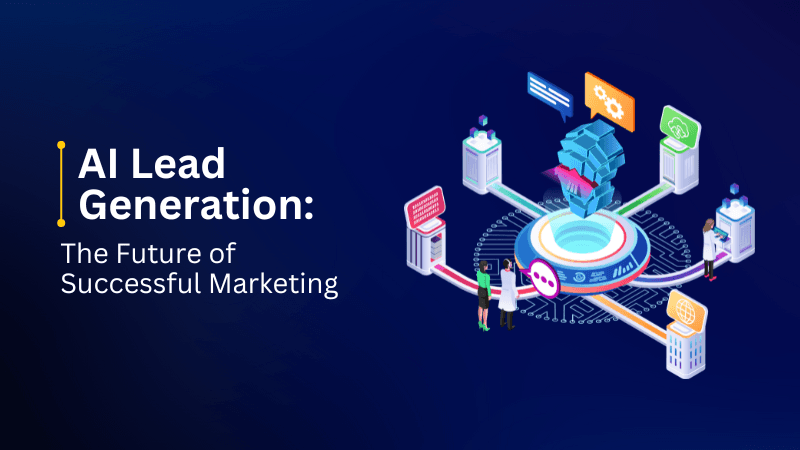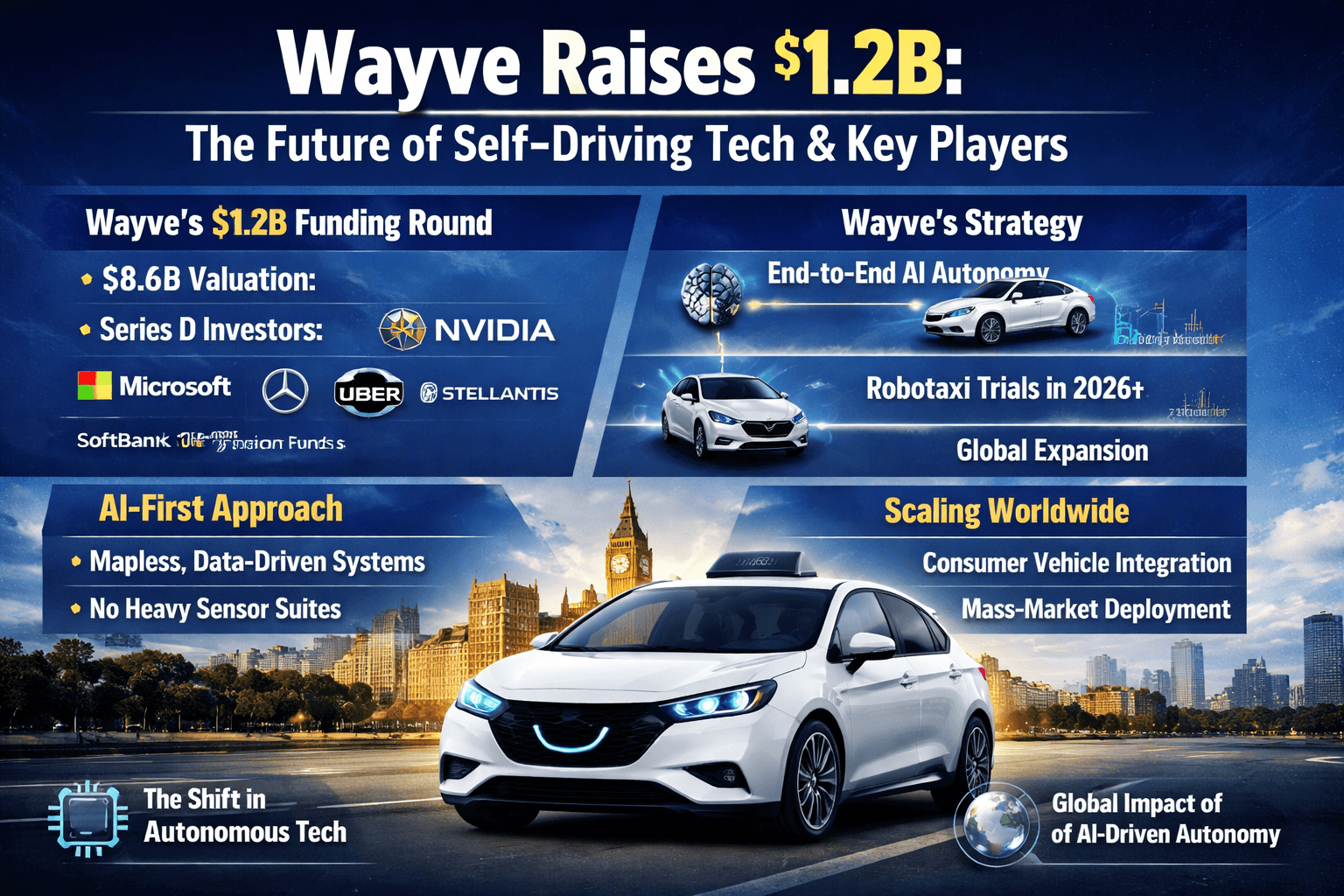
The Rise of AI-Native Development: Why Software Teams Are Choosing Next-Generation Tools
Remember when GitHub Copilot felt revolutionary? That was just 12 months ago. Today, one CTO at a high-growth SaaS company told the public something that stopped us in our tracks: nearly 90% of their code is now AI-generated, up from just 10-15% a year ago.
And they're not using Copilot anymore. They've moved to tools like Cursor and Claude Code.
The Great Migration is Happening
If you think this is just one company's experiment, think again. A recent survey found that 78% of respondents are either using AI for software development or planning to within the next two years. But here's what's really interesting: they're not all flocking to the same tools that got us started.
The first wave of AI coding tools, like GitHub Copilot, were essentially smart autocomplete. Helpful? Absolutely. Game-changing? Sure. But they were built by taking existing tools and adding AI features on top.
The second wave is different. These are AI-native tools, built from the ground up with AI at their core.
Why AI-Native Tools Are Winning
Interviews with dozens of developers who've made the switch bring two things up:
Speed of innovation. AI-native companies can move fast because they don't have legacy systems holding them back. While traditional tool makers are trying to retrofit AI into existing products, companies like Cursor are building everything around AI from day one.
Better outcomes. When AI is baked into every part of the development process, the results are fundamentally different. One developer said, "It's like the difference between using a calculator app on your phone versus having a phone that thinks mathematically."
The Satisfaction Gap
Here's a telling data point: developers who switch to AI-native tools like Cursor report much lower satisfaction when they have to go back to previous-generation tools. Once you experience true AI-native development, everything else feels clunky.
This reminds of the early days of smartphones. Once people used an iPhone, going back to a BlackBerry felt impossible, even though the BlackBerry technically did everything you needed.
What This Means for Your Team
If you're still debating whether to adopt AI development tools, you're asking the wrong question. The real question is: which generation of AI tools should you bet on?
The data suggests that AI-native solutions aren't just incrementally better, they're fundamentally different. Companies that embrace this shift early are seeing massive productivity gains, while those sticking with first-generation tools are getting left behind.
The Bottom Line
We're witnessing a classic platform shift. Just like the move from desktop to mobile, or from on-premise to cloud, the transition to AI-native development is a completely new way of building software.
The question isn't whether this will happen. It's whether you'll be part of the first wave or the last.



